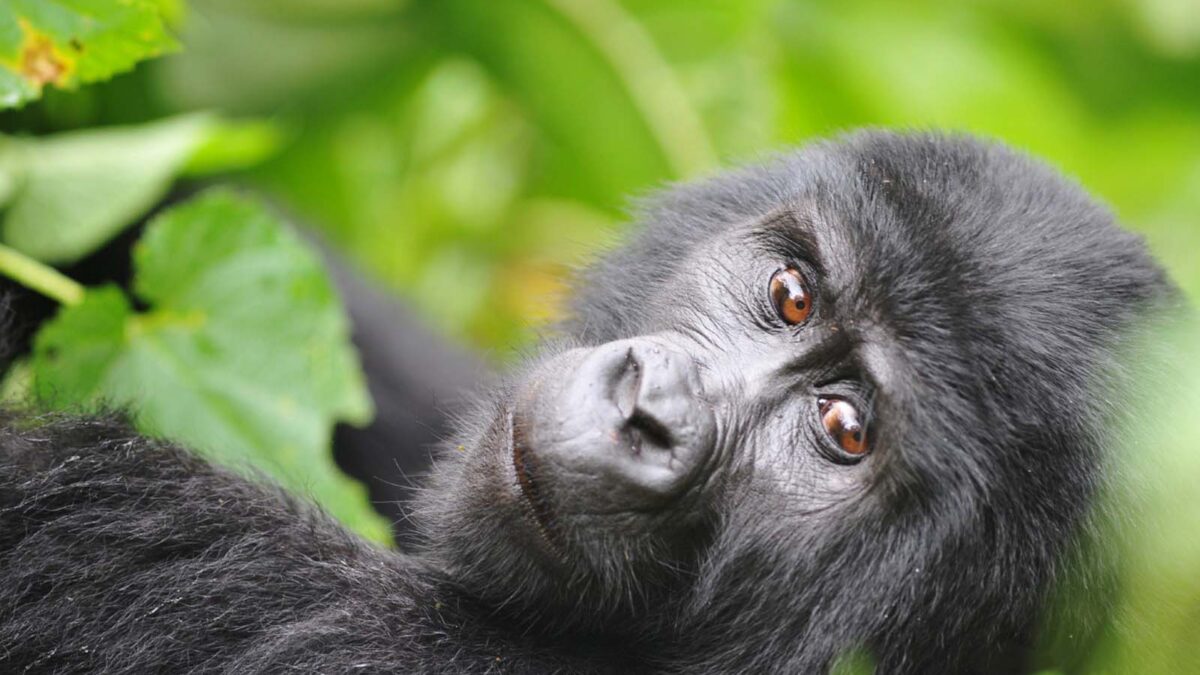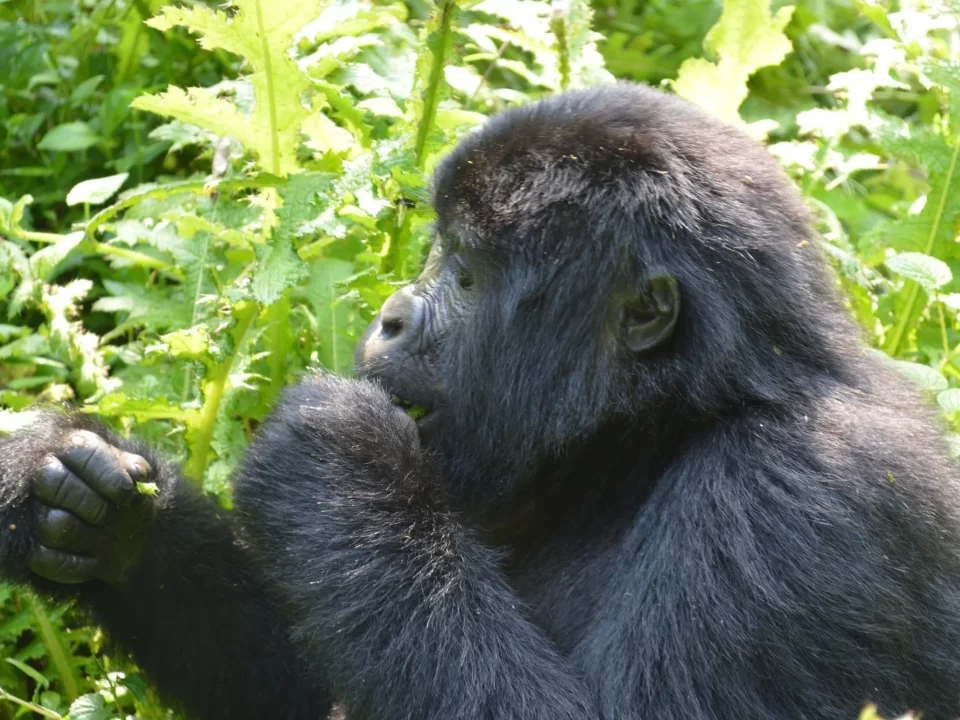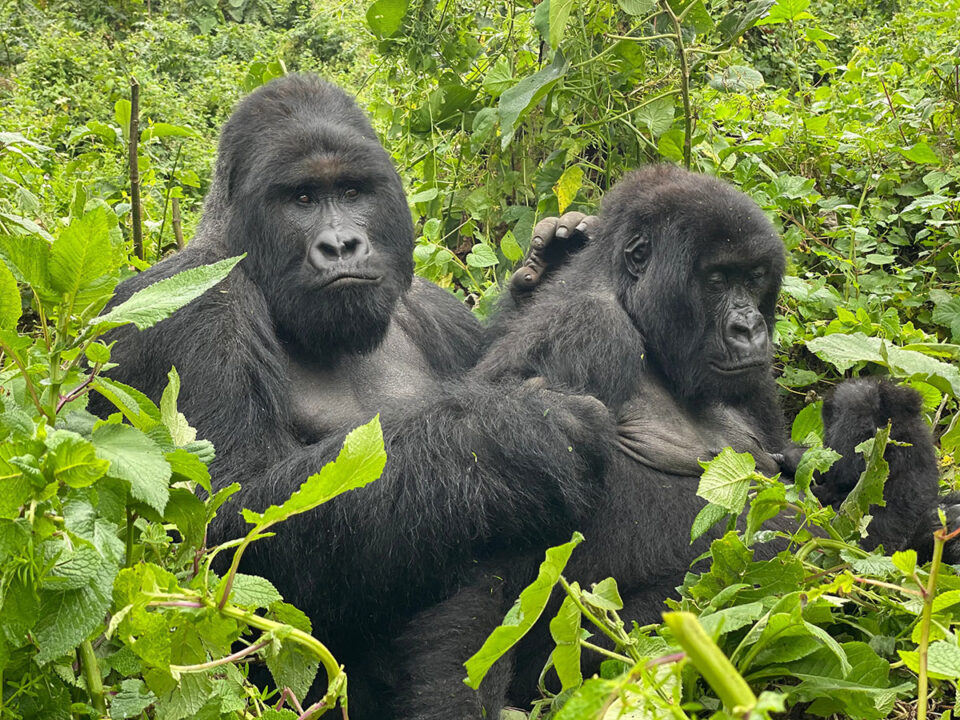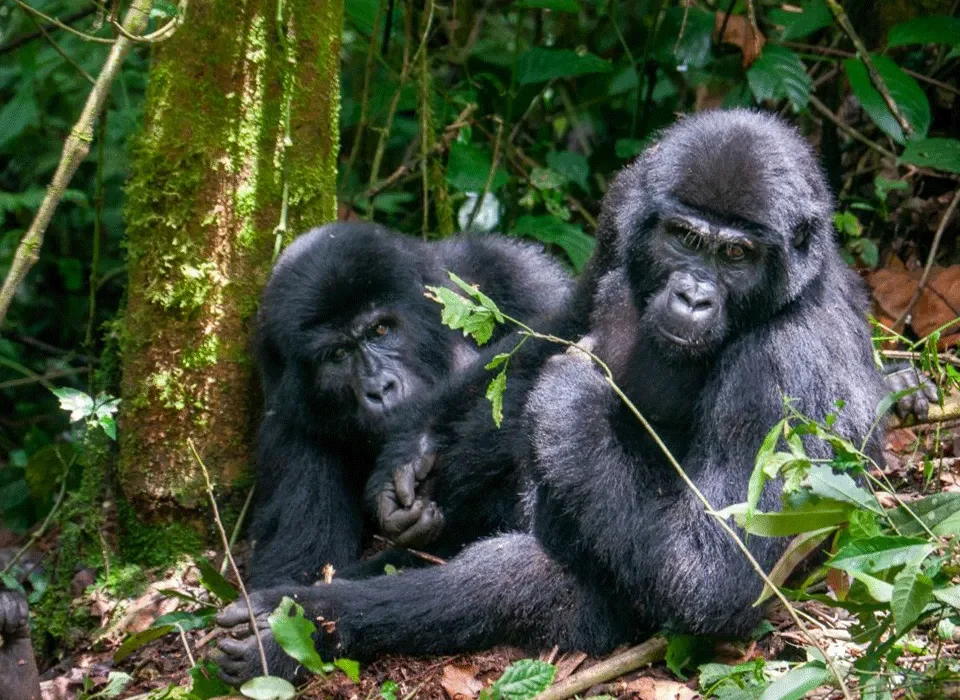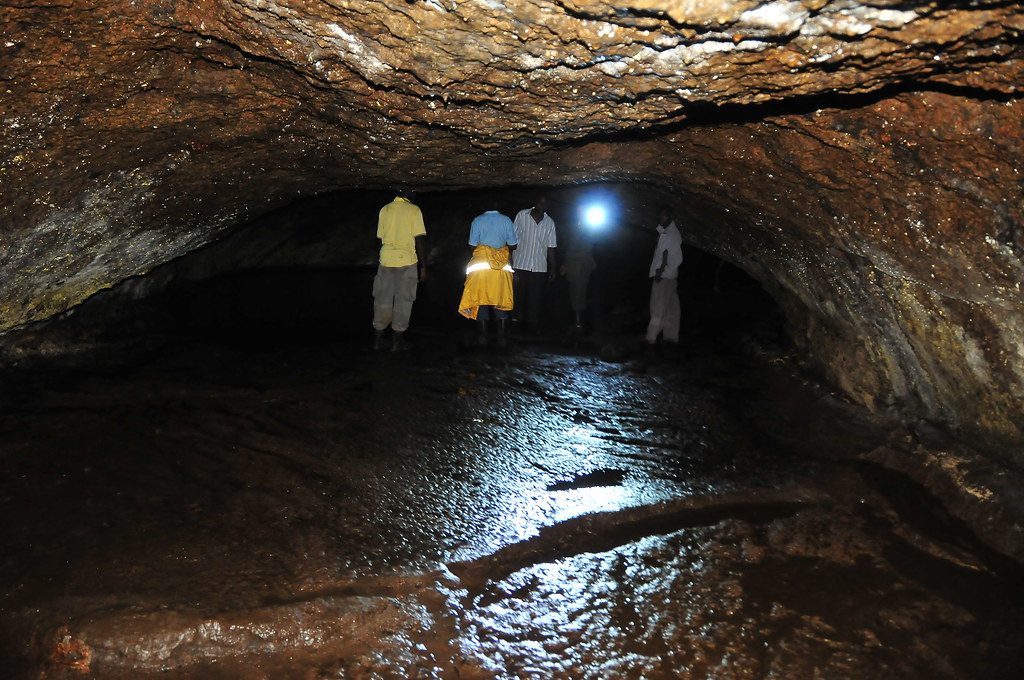
Visit & Explore Garama Caves
November 2, 2023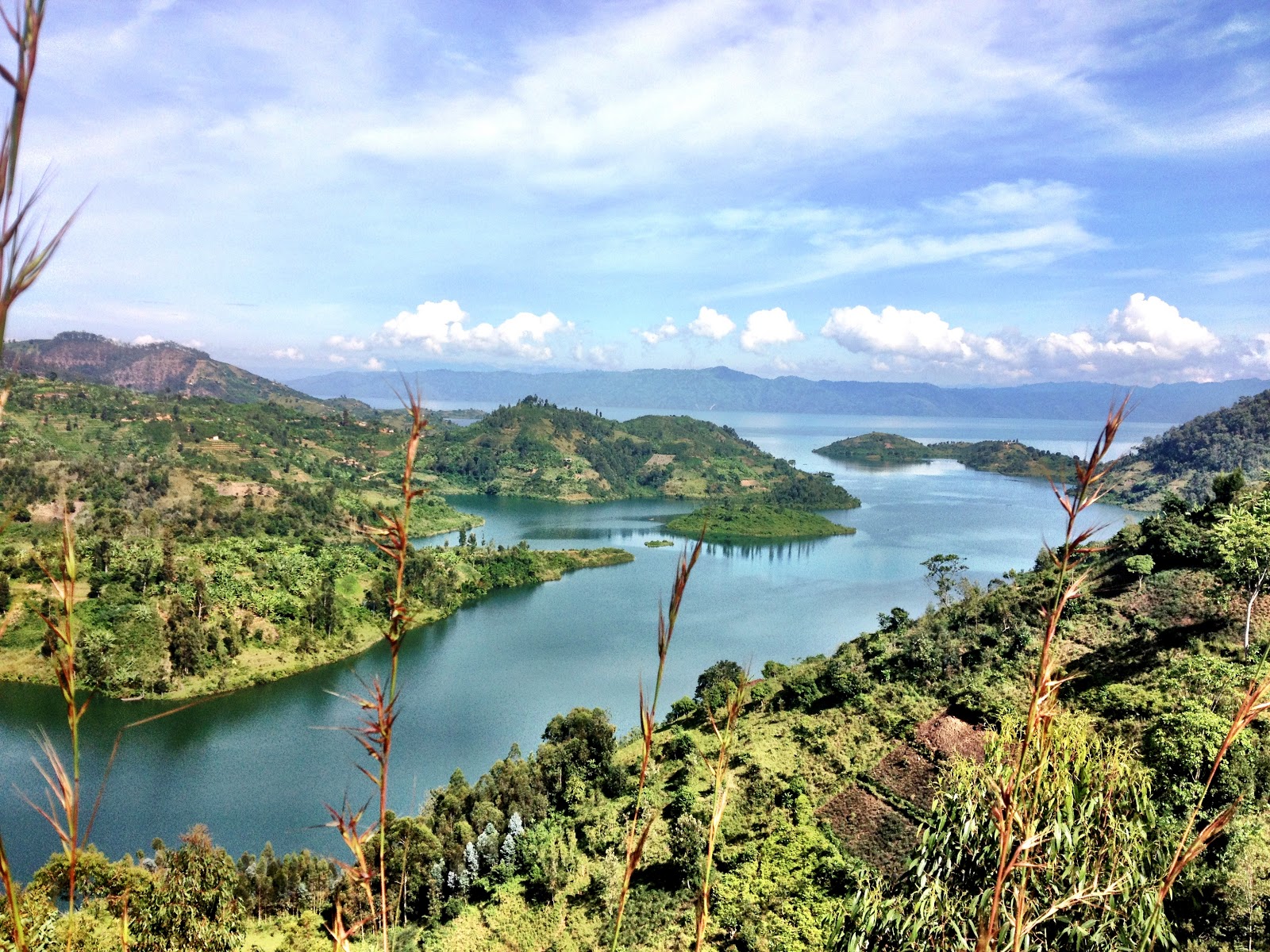
Rwanda’s Congo Nile Trail
November 2, 2023Rwanda Gorilla Tracking Versus Uganda Gorilla Habituation: Choosing Between Rwanda and Uganda for Gorilla Encounters
When it comes to gorilla experiences, both Rwanda and Uganda offer unique opportunities, each with its own set of characteristics. Rwanda boasts gorilla tracking, while Uganda presents the enticing option of gorilla habituation. Let’s delve into the distinctions between the two and help you make an informed decision.
Rwanda Gorilla Tracking:
Rwanda is renowned for its gorilla tracking, and it proudly offers 11 habituated gorilla families available for tracking. But what exactly does gorilla tracking entail in Rwanda?
Gorilla tracking is an exhilarating activity that brings tourists, rangers, trackers, and porters together as a cohesive team to venture into the gorillas’ natural habitat. It’s an adventure where visitors are granted a precious one-hour window to observe these magnificent creatures in their element before returning to the starting point.
Here’s how each member of the team contributes to the experience:
- Rangers ensure the safety of tourists by strictly adhering to security guidelines.
- Trackers play a vital role in locating the gorillas within their habitat, relaying precise information about their whereabouts.
- Porters offer valuable assistance by carrying any belongings that tourists may have, such as camera bags, food, and drinks. They are also there to lend a hand in case clients face challenges navigating the park’s terrain.
Gorilla Habituation in Uganda:
Uganda, on the other hand, offers a distinctive experience known as gorilla habituation. This process involves the preparation of gorillas for eventual viewing by tourists after a specific period. It requires the collaboration of a small group of tourists (limited to four), rangers, trackers, and porters. Gorilla habituation is not a fleeting encounter; it spans four hours each day over a total duration of four years.
Gorilla habituation unfolds in four distinct stages:
- Identifying the wild gorilla group in need of habituation in their habitat.
- Consistently trekking to the gorilla group daily for four hours, over a period of four years, to study their reactions to the researchers involved in the process.
- Conducting a mock exercise to determine whether the habituation process has been successful.
- Upon the successful habituation of the gorillas, the group is bestowed with a name and is made open for tourist visits and viewing.
Key Differences Between Gorilla Tracking and Gorilla Habituation:
- Proximity: Gorilla tracking in Rwanda is relatively easy and less physically demanding as the gorillas are close to the briefing point.
- Duration: Gorilla tracking in Rwanda typically takes only one hour, while gorilla habituation in Uganda requires four hours.
- Physical Activity: Gorilla tracking in Rwanda involves less physical exertion, making it more accessible to a broader range of clients. Gorilla habituation is physically demanding and may be challenging for some visitors.
- Photography: Clients interested in photography will find more opportunities during gorilla tracking in Rwanda due to larger gorilla family gatherings. In gorilla habituation, the gorillas may not be in one place or together as a whole family.
- Drive Time: Rwanda offers a shorter drive time to the briefing point compared to Uganda’s gorilla habituation, which may involve travel on rough roads.
- Choice of Gorilla Group: In Rwanda, clients can choose which gorilla group to track, providing greater flexibility. In Uganda, gorilla habituation involves a single family.
- Road Infrastructure: Rwanda has improved its road infrastructure from the hotels to the briefing and starting points, while Uganda’s gorilla habituation may require navigating rough roads.
In conclusion, your choice between gorilla tracking in Rwanda and gorilla habituation in Uganda will depend on your preferences and physical capabilities. Both experiences come at the same price of USD 1500 per person per trek, but they offer distinct encounters with mountain gorillas. To make an informed decision, reach out to Trek Africa Expeditions for more details on Rwanda gorilla tracking versus Uganda gorilla habituation.

